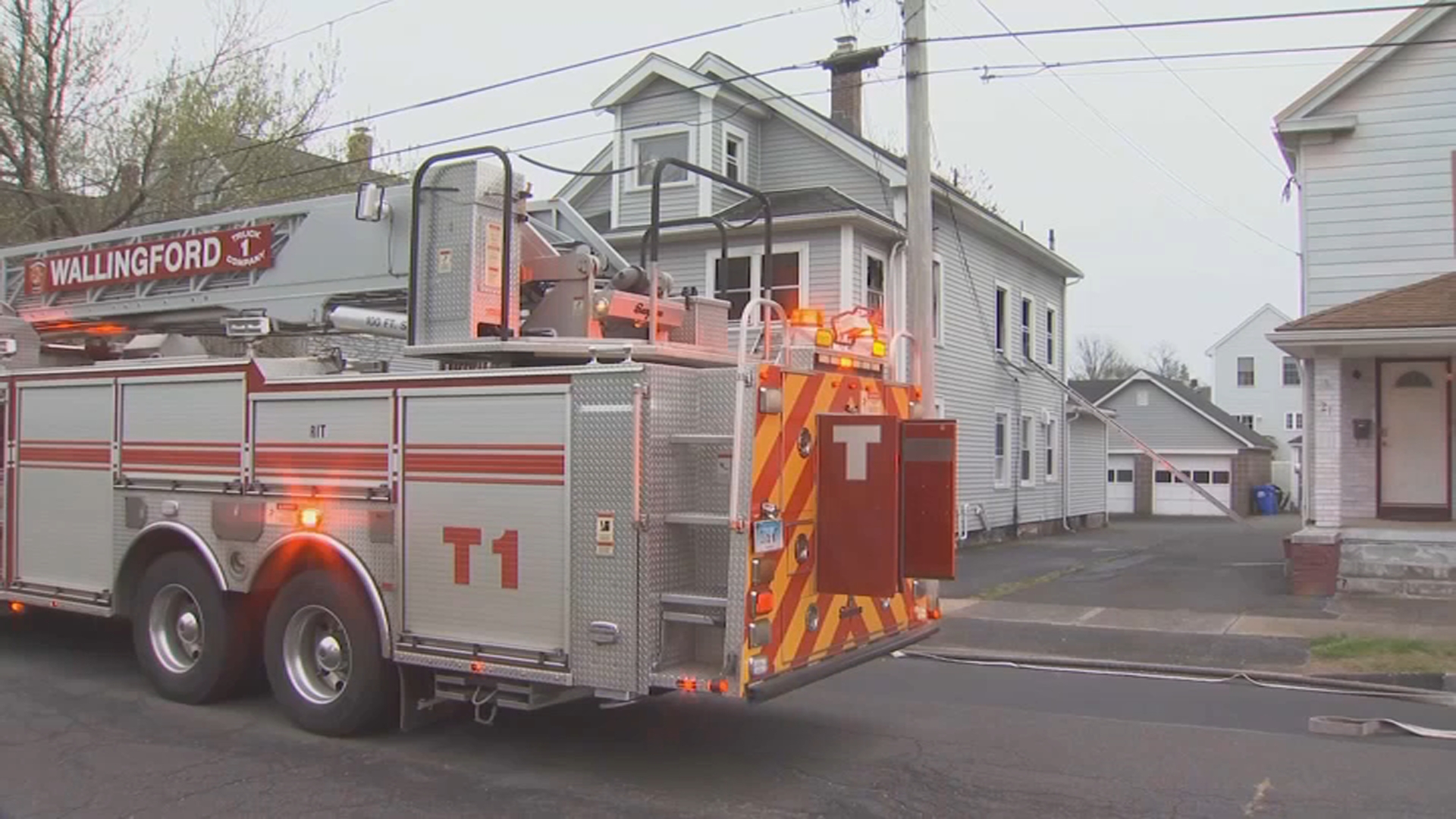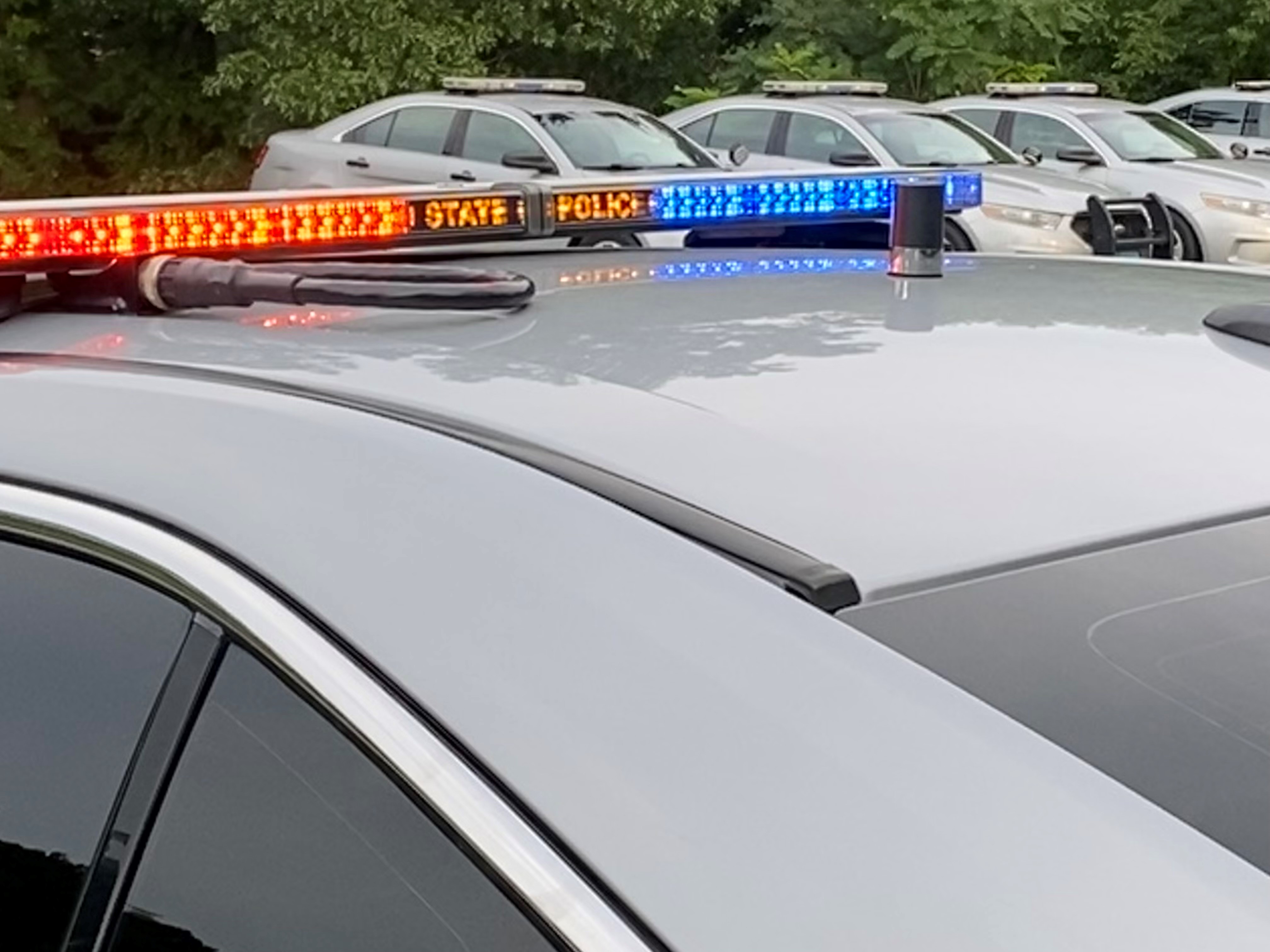
A federal appeals court has upheld part of a 2020 Connecticut police accountability law that allows public disclosure of state trooper personnel files and internal investigations.
The 2nd U.S. Circuit Court of Appeals in New York on Thursday rejected a challenge by the Connecticut State Police Union, which argued the law violates the 2018-2022 troopers’ contract by stripping away its exemptions from state freedom of information laws.
The union said Friday that it is considering asking the U.S. Supreme Court to hear its case.
The contract section in question says troopers’ personnel files and documents in internal investigations that end with no finding of wrongdoing are not subject to disclosure.
Get Connecticut local news, weather forecasts and entertainment stories to your inbox. Sign up for NBC Connecticut newsletters.
A three-judge panel of the appeals court upheld a ruling by a judge in a lower court who rejected the union’s request to bar the law section from taking effect during its court challenge. Senior U.S. District Judge Charles Haight Jr. in New Haven also said the union’s case was not likely to succeed because the law serves a legitimate public purpose in increasing law enforcement accountability and transparency.
Andrew Matthews, executive director of the state police union, said troopers oppose the law because it allows records involving unfounded allegations to become public, possibly tarnishing a trooper’s reputation despite no findings of wrongdoing.
If the union asks the U.S. Supreme Court to hear its appeal and justices reject the request, the case would return to the lower court judge who expressed doubt about the union’s case. Also, the state police contract expires June 30 and new contract negotiations are underway.
Local
Proponents of the 2020 law said it answered the calls for reform after the police killings of George Floyd and other Black people.
It also created a new state inspector general to investigate police use-of-force cases statewide, limited circumstances in which deadly use of force can be justified, and allowed lawsuits in state courts against officers in certain cases.



